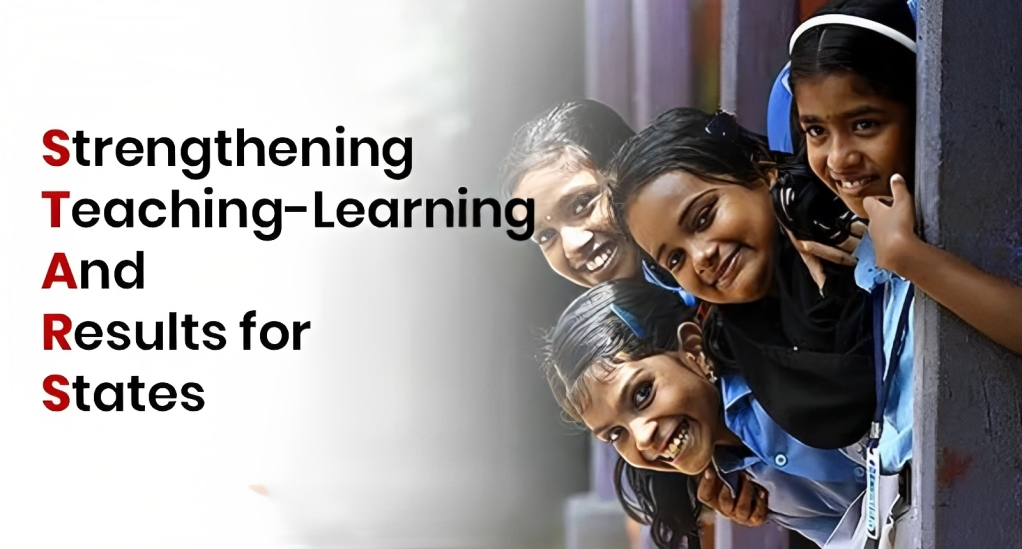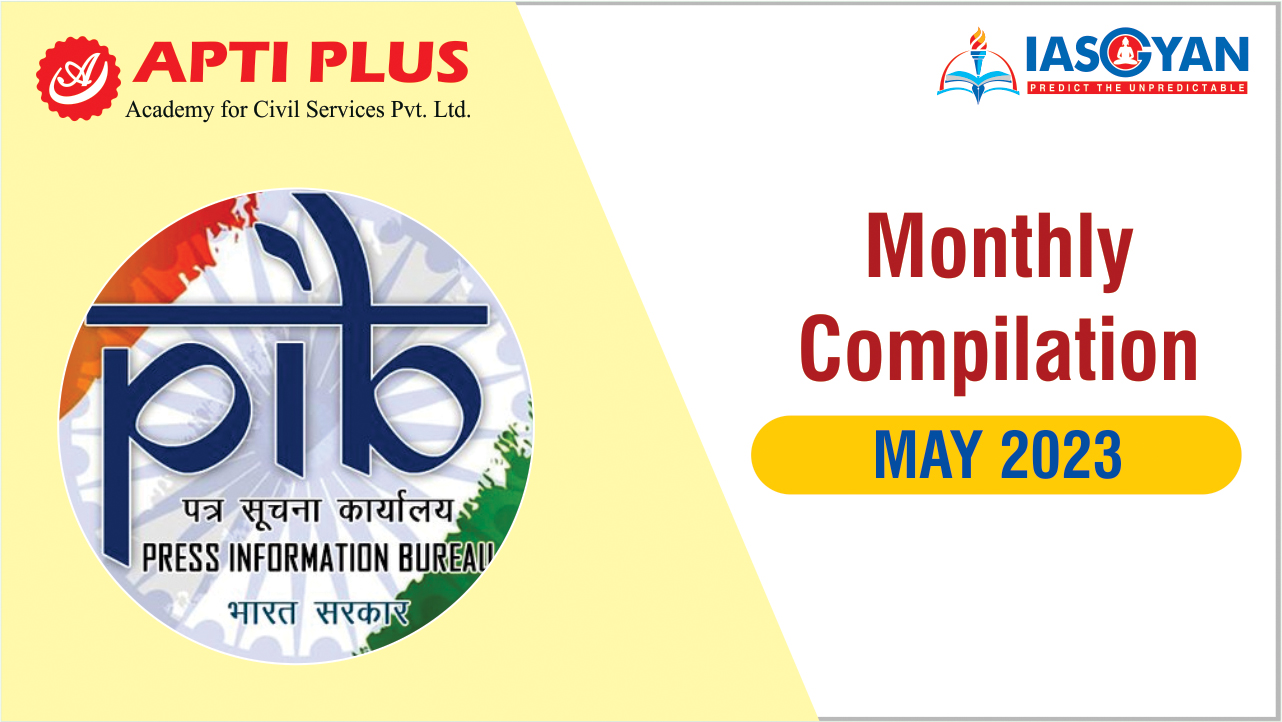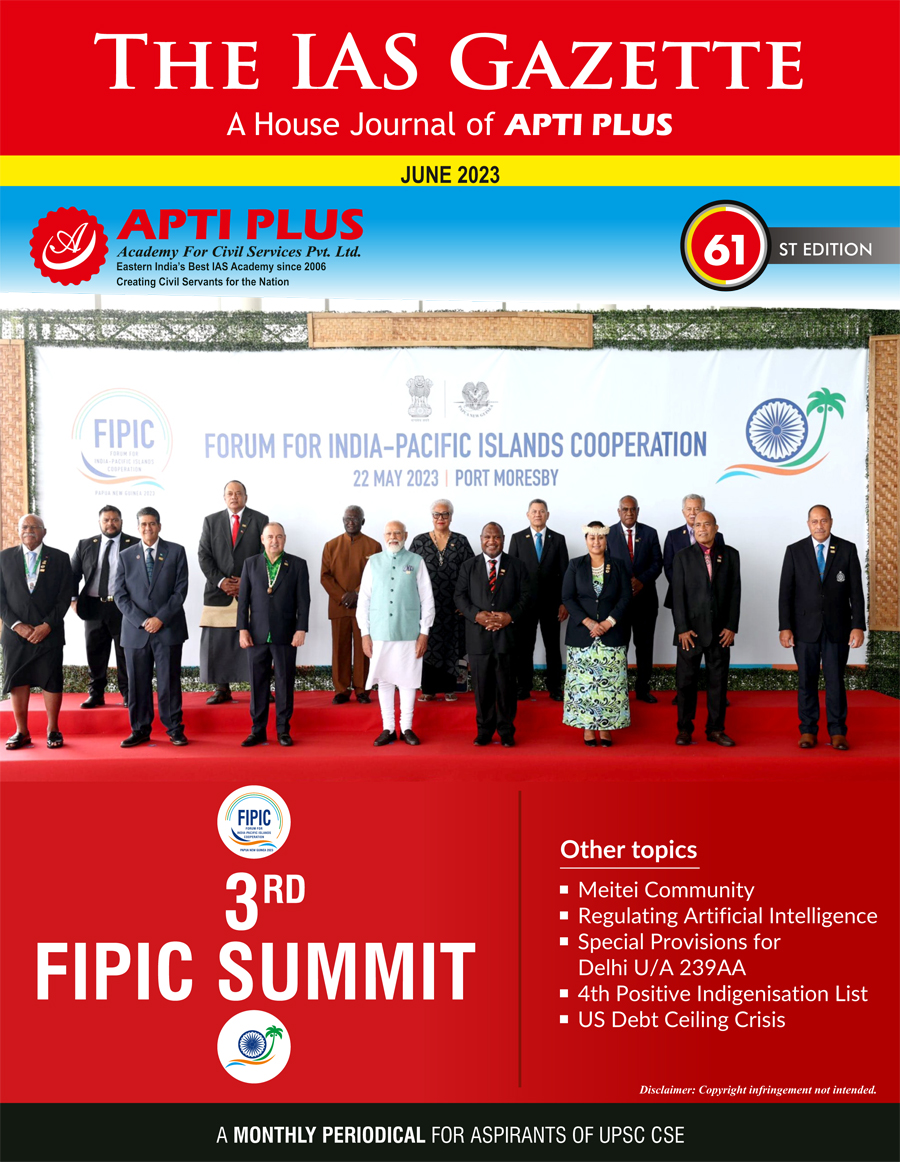Description

Copyright infringement not intended
Context: Under the STARS Programme, the Union Ministry of Education and the World Bank hosted a session on School-to-Work Transition.
Details
- The workshop was attended by the Secretaries of Education and Skill Departments from the 6 STARS states; Himachal Pradesh, Kerala, Odisha, Rajasthan, Madhya Pradesh, Maharashtra, and Uttar Pradesh, as well as the State Project Directors of Samagra Shiksha, respective officers, and World Bank representatives.
Highlights
- Strengthening Vocational Education and School-to-Work Transition is a fundamental component of the STARS programme.
- It focused on a discussion of the six STARS states and Uttar Pradesh's skill gap analysis, as well as the convergence of vocational and skill.
- The states' current performance and interventions were also discussed.
- A broad-based plan was presented, with a focus on vocational education, industry partnerships, integrating vocational studies into the school curriculum, and changing existing school curricula to match industry demands and prepare students for employment following class 12th.
- It includes a session with industry professionals who provided crucial insights into the skills needed in current industry scenarios.
- The session ended by repeating that now is the time to invest in vocational training and make it an aspiration for the country's youth.

STARS Project
About
- India has a large and diverse school education system that caters to more than 250 million students in 1.5 million schools across the country. However, despite the impressive achievements in expanding access and equity, the quality and governance of school education remain major challenges.
- To address the above issues, the Ministry of Education has launched a centrally sponsored scheme called the Strengthening Teaching-Learning and Results for States (STARS) Project, with the support of the World Bank.
Aim
- The STARS Project aims to improve the quality and governance of school education in six Indian states - Himachal Pradesh, Kerala, Madhya Pradesh, Maharashtra, Odisha, and Rajasthan.
- These states have been selected based on their readiness and willingness to implement the project interventions.
- The project is to benefit about 10 million teachers and 250 million students from pre-primary to secondary levels.
Vision and Goals
- The STARS Project is aligned with the vision and goals of India's National Education Policy 2020, which envisages equitable and inclusive education for all.
- To support the implementation of various reform initiatives under the policy, such as;
- Strengthening early childhood education and foundational learning
- Facilitating school-to-work transition through vocational education
- Improving learning assessment mechanisms
- Supporting teacher development
Main Provisions
Strengthening the learning assessment system
- Strengthening the learning assessment system at the state and national levels to measure learning outcomes and use the data for evidence-based policy-making and planning.
Enhancing teacher development
- Enhancing teacher development and performance by strengthening teacher education institutions, introducing a competency-based assessment framework for teachers and principals, and providing continuous professional development opportunities for teachers.
Improving the delivery of education services
- Improving the delivery of education services by strengthening school management committees, developing school improvement plans, promoting school autonomy and accountability, and using technology for better monitoring and evaluation.
Promoting inclusion and innovation
- Promoting inclusion and innovation by supporting the implementation of the National Education Policy 2020, which envisages a holistic and multidisciplinary education system that caters to the diverse needs and aspirations of learners.
- The project supports innovative pedagogical approaches such as activity-based learning, experiential learning and blended learning.
Significances
- It will improve the learning outcomes of students across different stages of schooling, especially in foundational literacy and numeracy, which are crucial for further learning and development.
- It will address the learning gaps and inequalities that have been exacerbated by the COVID-19 pandemic, which disrupted the education of millions of children in India.
- It will strengthen the capacity of teachers and school leaders to deliver quality education that is aligned with the national curriculum framework and learning standards.
- It will foster a culture of innovation and excellence in school education by encouraging the use of technology, data and evidence for decision-making and problem-solving.
- It will align the education system with the goals of the National Education Policy 2020, which aims to transform India into a knowledge society and a global leader in education.
Challenges
- It will require effective coordination and collaboration among various stakeholders at different levels of governance, such as the central government, state governments, district administrations, local bodies, schools, teachers, parents and communities.
- It will require adequate financial and human resources to implement the various components of the project in a timely and efficient manner.
- It will require robust monitoring and evaluation mechanisms to track the progress and impact of the project on various indicators of quality and equity in education.
- It will require strong political commitment and public support to sustain the reforms and innovations introduced by the project in the long term.
Way forward
- To ensure that the project is implemented in a participatory and consultative manner, involving all relevant stakeholders in planning, execution and feedback processes.
- To ensure that the project is aligned with the existing policies and programs of the central and state governments, such as Samagra Shiksha Abhiyan, National Assessment Survey, National Initiative for School Heads' and Teachers' Holistic Advancement etc.
- To ensure that the project is responsive to the emerging needs and challenges of the education sector in India, such as digitalization, online learning, skill development etc.
- To ensure that the project is informed by best practices and lessons learned from other similar initiatives in India and abroad, such as Padhe Bharat Badhe Bharat, Pratham's Annual Status of Education Report etc.

Conclusion
- The STARS project is a landmark initiative that has the potential to transform the school education system in India. It is hoped that it will create a conducive environment for teaching-learning processes that are learner-centric, outcome-oriented and quality-driven. It is expected to contribute to India's human capital development by enhancing the skills and competencies of students for the 21st century. It will also help in achieving Sustainable Development Goal 4 of ensuring quality education for all by 2030.
Must Read Articles:
Nаtiоnаl Роliсy оn Eduсаtiоn: https://www.iasgyan.in/blogs/national-education-policy-2020-14
|
PRACTICE QUESTION
Q. How does education contribute to socio-economic development and national progress? What are the main challenges and opportunities for enhancing education quality and access? What are some possible solutions and strategies to overcome these challenges and seize these opportunities?
|
https://pib.gov.in/PressReleasePage.aspx?PRID=1925623











